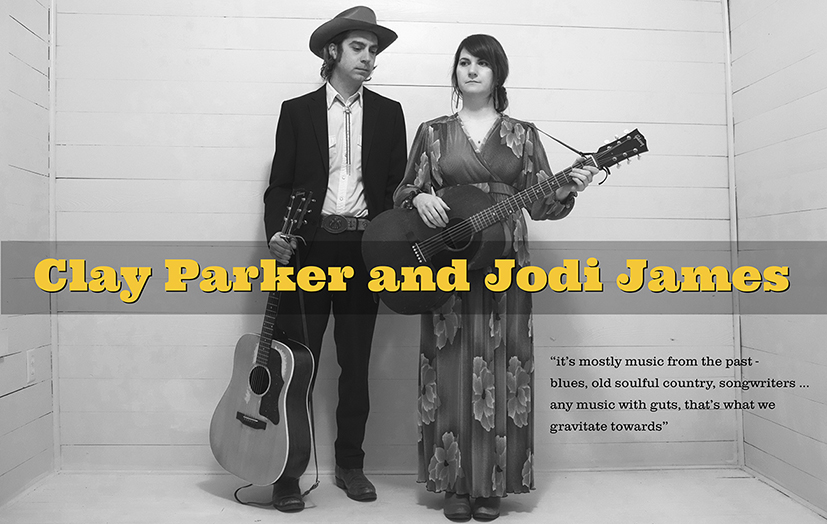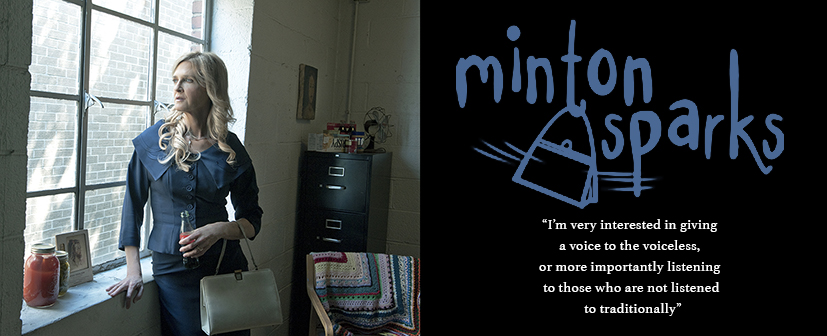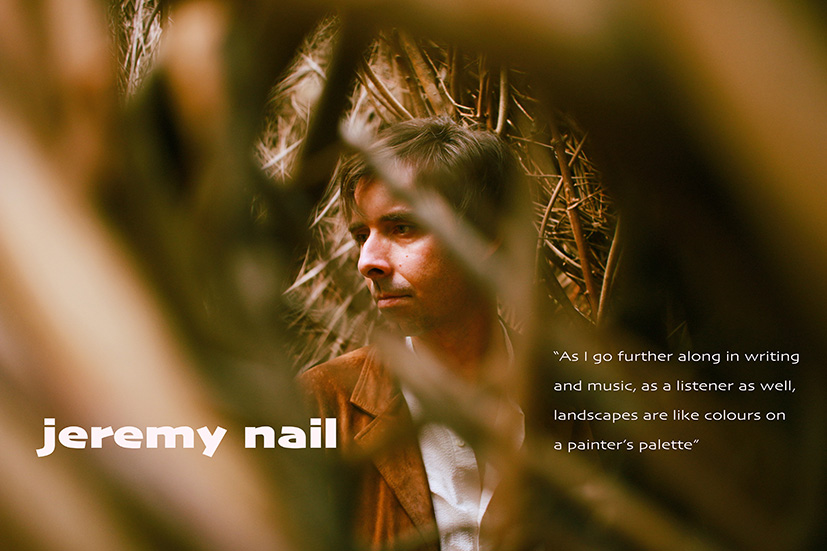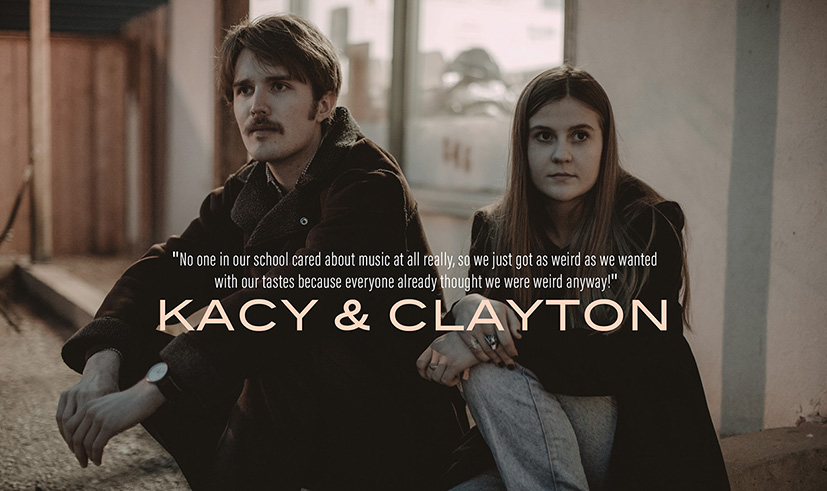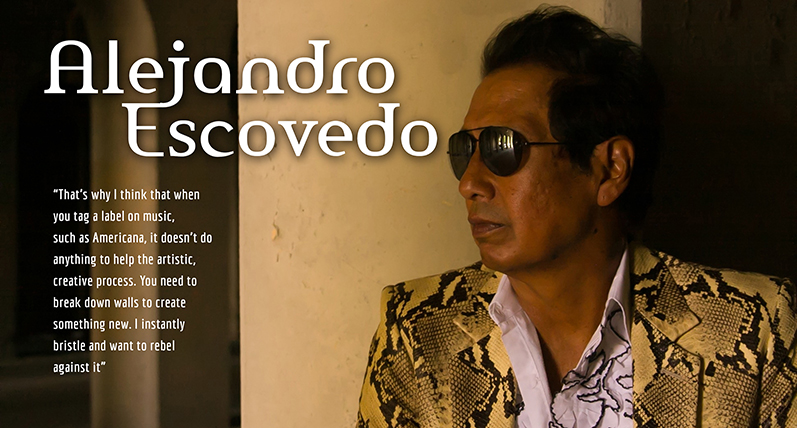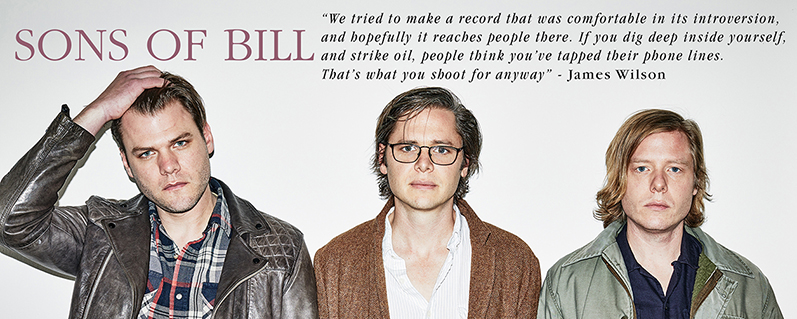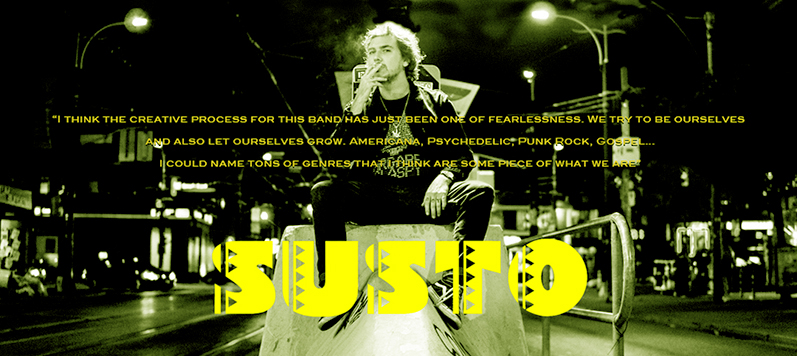
The topic for our weekly Lonesome Highway Radio Show on 103.2 Dublin City FM some weeks back was "Outlaw Ladies in Country Music of Today and Yesterday." Nine artists featured, not surprisingly Dolly Parton, Lucinda Williams, KD Laing and Elizabeth Cook were all selected. Possibly not quite as obvious but equally deserving of the accolade were Charline Arthur, Gail Davies, Kimmie Rhodes and Audrey Auld. All these names would be familiar to hardcore traditional country music lovers. The final artist that we felt also justified the distinction was a young lady from Waco Texas named Kayla Ray, her recently released album Yesterday & Me having made quite an impression on the lovers of all things classic country amongst us at Lonesome Highway. What’s principally notable about Ray, unlike so many of her contemporaries, is that she is heart and soul country, not someone dabbling experimentally in the genre or playing the pop / country card trick. A flag bearer for traditional country among her generation perhaps. ‘’Wow. I’m thrilled to be a part of that list. I would be proud to be considered that, carrying on tradition via truth is certainly my intent.’’
Yesterday & Me follows her debut album Love & Liquor and contains lyrics that are particularly striking and forthright, projecting a no holds barred honesty in her writing. "I wrote all of those songs over the course of the year or two following my 2014 release. This album is very reflective of the stages of my life at the time and any trials or tribulations of that era bore great lessons worth sharing in a very transparent fashion.’’
The opening track Rockport is the ideal song to enlighten the listener of the direction in which the album is heading. A tale of intended liberation and challenge that descends into drug addiction and suicide, it was written by Jon Dews, a friend of Ray’s. "Jon is a brilliant writer, a brilliant dude and an all-around great friend. I knew the first night he played it for me I had to cut it. The melody paired with such a vivid story just pulled me in and blew me away."
The other cover on the album Once A Week Cheaters, sung with Colton Hawkins, is a timeless male/female country ballad that would sit comfortably on any Porter Dolly or Jones/Wynette album. It was written, but never recorded, by the exceptionally talented country singer Keith Whitley, who passed away at such an early age from prolonged alcohol abuse. "My friend Erin Enderlin - an incredible songwriter out of Nashville. Look her up, y’all won’t regret it - had been given this demo along with a few others by a man who was an early plugger for Whitley. It was a real honor to have the shot to record that song. And, I’ve known Colton Hawkins (we call him Banjo) for ages. We’ve knocked around the Waco circuit together for years now and I’ve always thought his delivery was so effortless and expressive. He’s a big Whitley nut just as I am and I knew he would be perfect for the job.’’
The ongoing opiates epidemic and the whole issue of anti-depressant prescription, which combined are the biggest killer in The States at present, and the blatant involvement of the pharmaceutical industry and medical industry, is addressed inPills, in both a humorous yet ‘in your face’ manner. A YouTube video captures Ray performing it with a smile on her face. However, it’s a serious topic that she obviously has strong feelings about. "Sure, we live in a very strange time concerning big pharma, vulture capitalism and the perpetuation of addiction. No one is immune and it’s worth shedding some light on.’’

There has been no shortage of gifted female artists from The Lone Star State over the years. Rosie Flores, Nanci Griffith, Lee Ann Rimes and Lee Ann Womack have been household names for decades together with the more recent breakthrough artists Miranda Lambert, Kacey Musgraves and to a lesser degree Sunny Sweeney and Sarah Jarosz. In a comparable manner to both Lambert and Musgraves in particular, Ray writes passionately about her home State, but in an edgy fashion that is less likely to have Country Music Radio queuing up to playlist her material. The track Red Rivers Valley’s Run Dry is very much a slice of hometown Texas for Ray, the subject matter which is very close to her heart. "Yes! You could say that. Tifni Simons sings on this track with me. She was our favourite bar tender at Papa Joes, our local haunt. The story is reflective of both her life as well as that of the journey of many women I’ve known, struggling to find their place and something that represents survival. While very little of this story is literal, I do believe that there are elements of existence that happen no matter the location. This track is a co-write with my dear friend Joshua Barnard, who played all of the lead guitar on this album. He and I were kids together and he knows me better than most. We were touring through the Red River Valley and I presented him with the story line to which he replied, “Sounds like a waltz to me”. The rest is country music.’’
There’s no end of torment and suffering on the album, beautifully articulated it has to be said. The album’s title Yesterday & Me and the track itself is as much about looking forward as over one’s shoulder, implying lessons learned and gained. ‘’Thanks for your kind words. It means a lot that you listened so closely. And yes, absolutely. This song as well as the album as a whole is very personal. It is about pain, struggle, triumph, regret, reflection and the hope that tomorrow brings.’
A preference for writing autobiographically emanates throughout the album, potentially therapeutic in attempting to put closure on certain experiences. "As I age and venture out, I am enjoying more of a story line building approach. However, my innate reactions as a writer have always been to write from an autobiographical standpoint and, writing has certainly always been my go-to in working through any emotionally challenging situation. What is refreshing about Ray’s music is that it is both natural and free willed. Her influences and musical backstory have always been in country music. Unlike many of her peers she did not embrace a rebellious grunge period in her teens.Her signature sound is unapologetically classic country, which is a breath of fresh air given that the majority of ‘country’ music being produced these days is anything but traditional and more mainstream pop or rock. ‘’This means so much to me. I am trying to write with purpose and that gets so easily washed away with all the distractions of mainstream production. I guess I just missed grunge! Country music still deals with all the sex drugs and rock and roll themes, it just does it in a way I have always found more relatable.’’
The classic country revival or continuity seems to be more common in Texas than Tennessee. Artists following Ray’s roadmap are often not given the light of day in Nashville, or are diverted down a Music Row pop backroad. The impediments are not defeating her and if anything, seem to create a motivation for her to keep on fighting the machine. ‘’ I do see a big current change happening and it is exciting!!! As far as frustration goes, I welcome the challenge. Working from a deficit and creating triumph in the name of something I care about is something I take great pride in. So, as far as that dilemma goes, I say bring it on. I will certainly never quit."
Ray’s musical journey to date reads as the perfect apprenticeship, both technically and administration wise. She toured with The Texas Playboys as a teenager gaining invaluable experience in many ways and the perfect introduction to performing in the live setting. "I remember being scared to death most of the time! Those guys are legendary!’’ She progressed from there to work as tour manager to Jason Eady while still in her early twenties, more priceless exposure to the highs and lows of touring.
"Oh, you know all great country songs start with, once I was dating this tele picker. Ha! Really though a mutual acquaintance was playing lead for him at the time. There was a management need to be filled, and I was going to school for commercial music management, (as to eliminate the middle man in my own career for as long as possible). I saw an opportunity to hop in a van with boys I loved who made music I loved. I was free and I could do it, so I jumped at the chance. Some of my fondest touring memories were made with those Eady guys and I learned so very much from each of them.’’
The connection with Eady proved fruitful, he went on to co-produce the new album with Ray. It also resulted in an introduction to Eady’s wife Courtney Patton and other accomplished female songwriters on the same page as her. "I just love Courtney so much. Watching their relationship blossom has been so awesome. She is great. So are Brennan Leigh, Erin Enderlin, and Jamie Lin Wilson just to make a few." Another common tread between Ray and Eady is their love of all things Merle Haggard! "Oh yeah! Our camp invented the game of the “Hag Off”. Basically, knowing more Merle than anyone else in the pickers circle. It’s a heated match till bloody the end. Ha!’’
Given how vast Texas is, Ray could probably spend a lifetime touring that State. However, she harbours ambitions to try and reach a greater audience and in particular to try and bring her music to audiences in Europe. ‘’Oh yeah! We’ve toured in 16 other States since the album release, with no intent of slowing down. I fully plan of touring in Europe just as soon as I can figure out how to make the logistics work! Honestly, I look at it like I do music here in the States, taking a hit is like placing a bet and I can’t wait to put my chips on Europe!’’
The commercial success of artists like Kacey Musgraves, Brandi Clark and Miranda Lambert must result in some head scratching and thinking ‘maybe I should dumb it down and sugar coat my music a bit’ or would that be taboo? "I think we live in a time where both are obtainable. I have my goal and I don’t intend to waiver. Should I be awarded the opportunity I still fully intend to hold fast to my integrity.’’
The touring continues for Ray, continuing to get more people on board, but she’s also at the planning stage of her next musical venture."I think we have a lot of steam left in this album however, I do have a really neat project in the works but, I’ve decided to keep its content under wraps for the moment. I will say, the boys and I are awfully excited about it!’’Hopefully we get the chance to see Ray perform in Ireland in 2019. "I would LOVE to do this! Any reader willing to give some advice on how to make it happen please feel free to reach out. Have guitar, will travel!’’
Interview by Declan Culliton



